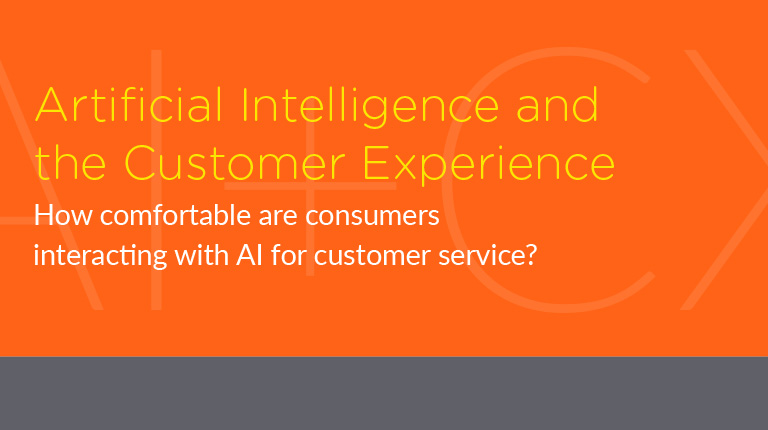We’ve talked about how to choose the right technology for your customer care strategy and how an automated customer care solution can take your customer experience to the next level. One of those solutions, conversational AI, is becoming quite a buzzword in the customer care industry. However, its important to understand what a true conversational AI solution is, and who the key stakeholders are in it’s implementation. For an executive, it can be a bit confusing to know where you stand in the decision making process and how the technology can affect your job.
Over the next few months, we’ll be discussing why and how each c-level executive should be involved in the customer care strategy. So, to start, here are a few need-to-know basics:
What is conversational AI?
When it comes to AI, it’s crucial to recognize that it’s not all created equal. There are a lot of solutions that claim to offer ‘conversational artificial intelligence,’ but what exactly is conversational AI? In its simplest definition, conversational AI is artificial intelligence that makes technology seem more human by allowing customers to engage naturally to solve problems. Think: calling an airline and being able to effortlessly change your reservation without speaking to a human and using your own words. This is the future of AI. This is conversational AI.
But, the reality is that many systems, including chatbots and personal assistants, fall far short of this goal. Intelligent Virtual Assistants (IVAs), on the other hand, provide true conversational AI experiences by employing technologies such as dialog management and machine learning to enable the system to continuously learn and get smarter.
Why should executives care?
While it may seem like the responsibility of choosing a customer care solution should lie within one team, the fact is that each department from marketing to finance has stake in the CX strategy. An effortless customer experience helps your customers get things done quickly and effectively, and will keep them coming back for more, which is why all executives should equally care about (and contribute to) its success.
With its ability to allow customers to communicate in their own words and on their own terms (whenever and wherever), conversational AI tends to produce one major result: happier customers. And, happy customers are more likely to spread the word about your company and even increase purchases with you. For CMOs, this means brand loyalty and awareness. For CFOs, it’s an increase in revenue and profitability. And for CIOs, it’s earning a customer’s trust by keeping their personal data safe and secure.
Who should be involved in choosing a conversational AI solution?
When it comes to a conversational AI solution for your customer care strategy, it truly is a team effort. This means not only getting the input from the contact center manager, but also from all key players in a company including the CMO, CIO, CFO and more.
If you’re wondering how exactly the CMO or someone in finance plays a role in choosing an AI solution, we’ve got you covered. Stay tuned for our upcoming eBooks, each designed to help a different c-level executive learn the ins and outs of conversational AI.





